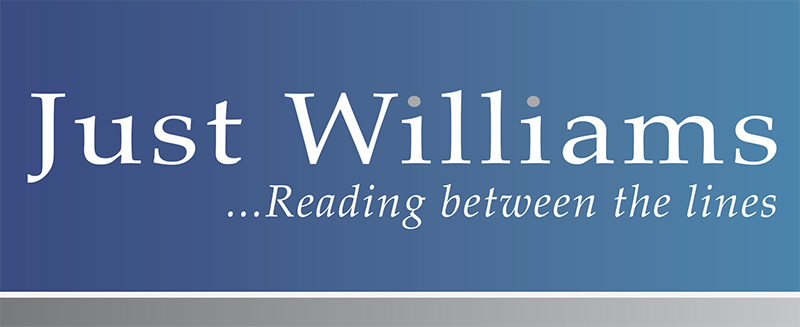
We have always invested a good deal of time ensuring that our clients understand our investment thinking, both in the short and longer terms. While we have been clear about how we viewed the events of the past couple of years, together with our expectations for the future, there are times when it merits amplification. We believe the present falls into that category.
There has been much talk of global economic recovery. Those omni-present green shoots herald the end of the recession and by early next year, economic growth will be back on the agenda. Well, that is how conventional wisdom views it but our business is investing, not marketing. When we scratch below the surface, we are not so easily swayed.
Recent economic data has been better than expected, which has reinforced the steep recovery in the stockmarket that started in March. However, the problem to our eyes is that the rally has, in general, moved share prices far beyond fundamental justification. It is now clear that a proportion of the money simply being printed is finding its way back into equity markets that have all too readily re-embraced their predilection for speculation.
Yet, as markets power ahead, the real economy keeps delivering bad news. This is not perhaps as bad as it could have been but by no stretch of the imagination could it be regarded as good. We simply do not believe that unemployment will start to fall. No economic recovery can take place without job creation and for what it’s worth, we expect unemployment to continue rising.
As for the recovery in house prices, we suspect that supply shortage, a degree of pent-up demand combined with some buyers being able to provide substantial deposits, has led to modest price increases. However, the purchasing power of many potential home buyers has been permanently undermined as a result of high deposits and loan advances based on realistic earnings multiples. Throw in higher unemployment and we struggle to see how there can be any real recovery in house prices.
A major concern is what happens when the quantitative easing stops. At the risk of stating the obvious, the literal printing of money can only be regarded as a short term emergency measure. Similar comments apply to scrappage schemes and the truly mind boggling levels of government spending. As such, when the taps are eventually turned off, will an economy still burdened by excessive amounts of debt at individual, corporate and government level, continue recovering? We have our doubts. The legacy of debt means it will either have to be dealt with the old fashioned way (i.e. paid back) or alternatively, inflated away in a tidal wave of money printing. Either way, the outcome cannot be good.
We are of the opinion that the chances of a double dip recession are far higher than many believe. The artificial resuscitation of a consumer dominated economy, courtesy of the evil trinity comprising reckless government spending, quantitative easing and ultra cheap money, simply has no long term future.
After avoiding the worst effects of the current economic malaise, we are not buying a ticket for a train that we believe is likely to be derailed – again. It could be that our portfolios ‘underperform’ as a result of our relatively modest equity weightings but we can easily live with that. To hope naively for recovery or engage in mindless speculation is not our style. Our investment stance remains defensive and we see little reason to change it in the foreseeable future.
John Newsome can be contacted on: 01423 705123 or email:john.newsome@williams-im.com

